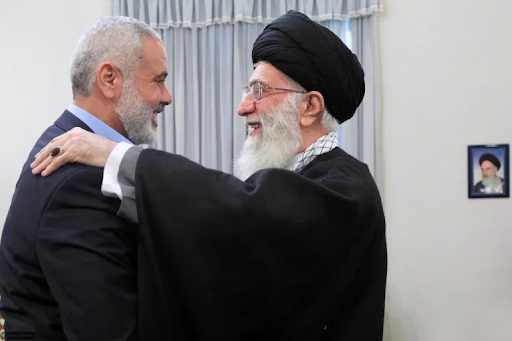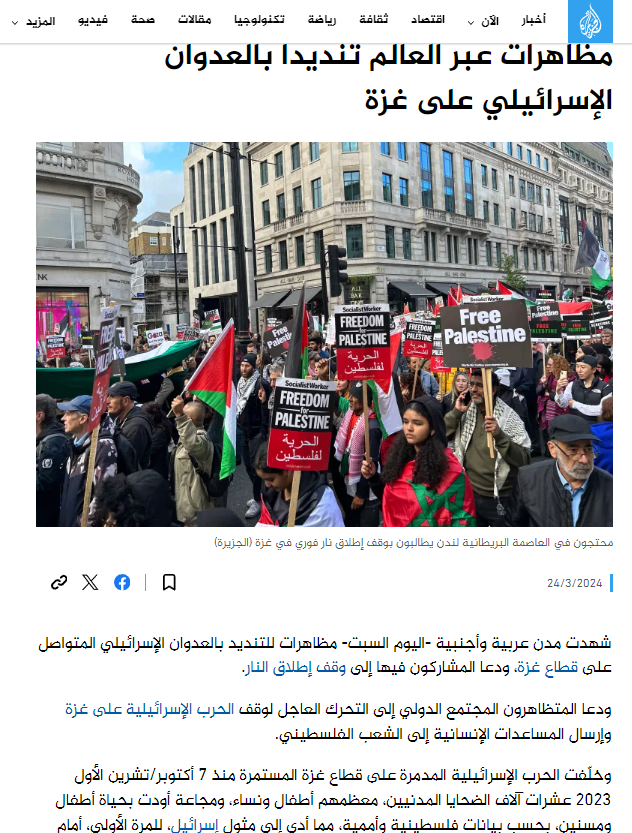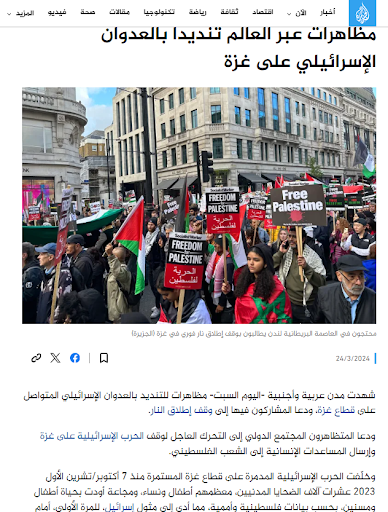
Has US threat to force Qatar to expel Hamas out of Doha collapsed the Ceasefire negotiations?
Although the US has warned the leaders of Qatar as early as October that they will need to reconsider the presence of the leaders of Hamas in Doha, the US wanted to use their presence there to strike deals that it wanted. However, with the negotiations for a ceasefire going nowhere, the US administrations wanted to leverage Qatar hosting of Hamas leaders to force them to accept a proposal the Biden administration formulated.
CNN reported recently that US Secretary of State Antony Blinken “delivered a stern message to Qatar earlier this month: Tell Hamas that they must deliver on a hostage and ceasefire deal that would halt the war in Gaza or risk getting kicked out of the Qatari capital of Doha.” That threat appears to have failed to achieve its goal and worse, it may have backfired.
First, Hamas leaders are now saying that there is no negotiation because their last counteroffer was not responded to by Israel in a way that will allow them to go on negotiating. Hamas and other Palestinian factions insist that there will be a deal only when a permanent ceasefire is approved and guaranteed by the mediators, when aid is delivered to all the people in Gaza, and when Israel forces leave Gaza, when people who lost their homes are sheltered.
 Second, Hamas and other Palestinian resistance leaders took the threat of being kicked out of Doha, the same way they way forced out Turkey, and offered a demonstration of what will happen if they are forced out of Doha: they will settle in Iran. Iran seems to be willing to not only host Hamas leaders, but to host them in a formal manner—something no other host nation has done for Hamas since their days in Syria pre-2012.
Second, Hamas and other Palestinian resistance leaders took the threat of being kicked out of Doha, the same way they way forced out Turkey, and offered a demonstration of what will happen if they are forced out of Doha: they will settle in Iran. Iran seems to be willing to not only host Hamas leaders, but to host them in a formal manner—something no other host nation has done for Hamas since their days in Syria pre-2012.
Just after the conclusion of the Persian new year celebrations, leaders of Hamas and Islamic Jihad were received by the highest officials of the Iranian government, including a couple meetings with the supreme leader. The message is clear: you can kick us out of Qatar and when you do, we will find home in a country that recognizes us as official representatives of the Palestinian peoples. That means, if Israel or the US wants to negotiate with Hamas, they will have to find someone else other than Qatar or Egypt to mediate. China and Russia willingness to receive Hamas leaders as official representatives of the Palestinian people make Iran's move less problematic.
Based on events on the ground, Hamas leaders having to leave
another country to find refuge in Iran will only make Arab countries, like
Qatar and Jordan look week. The daily denotations that are growing by the day
in Jordan are a good indication of this trend.












































